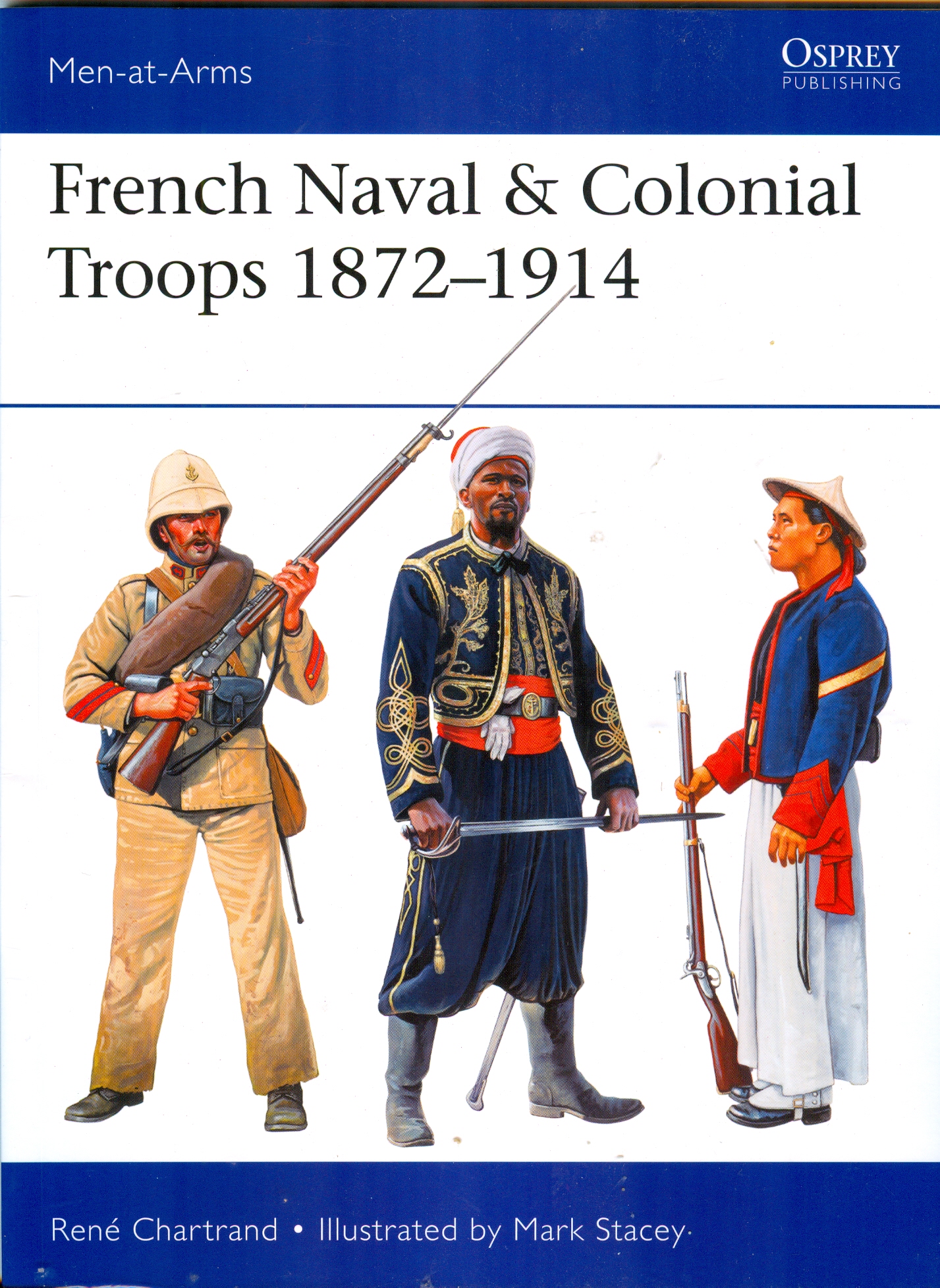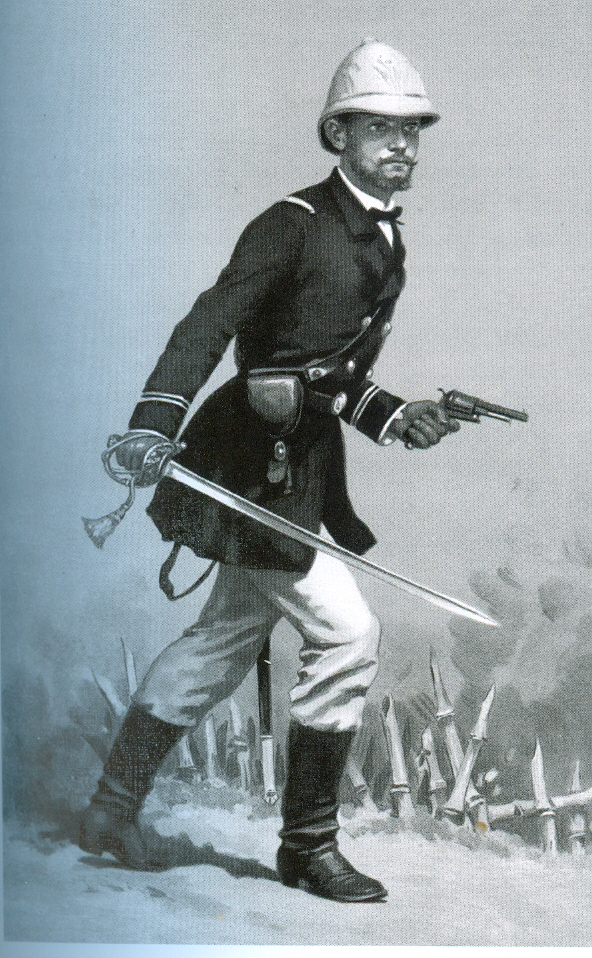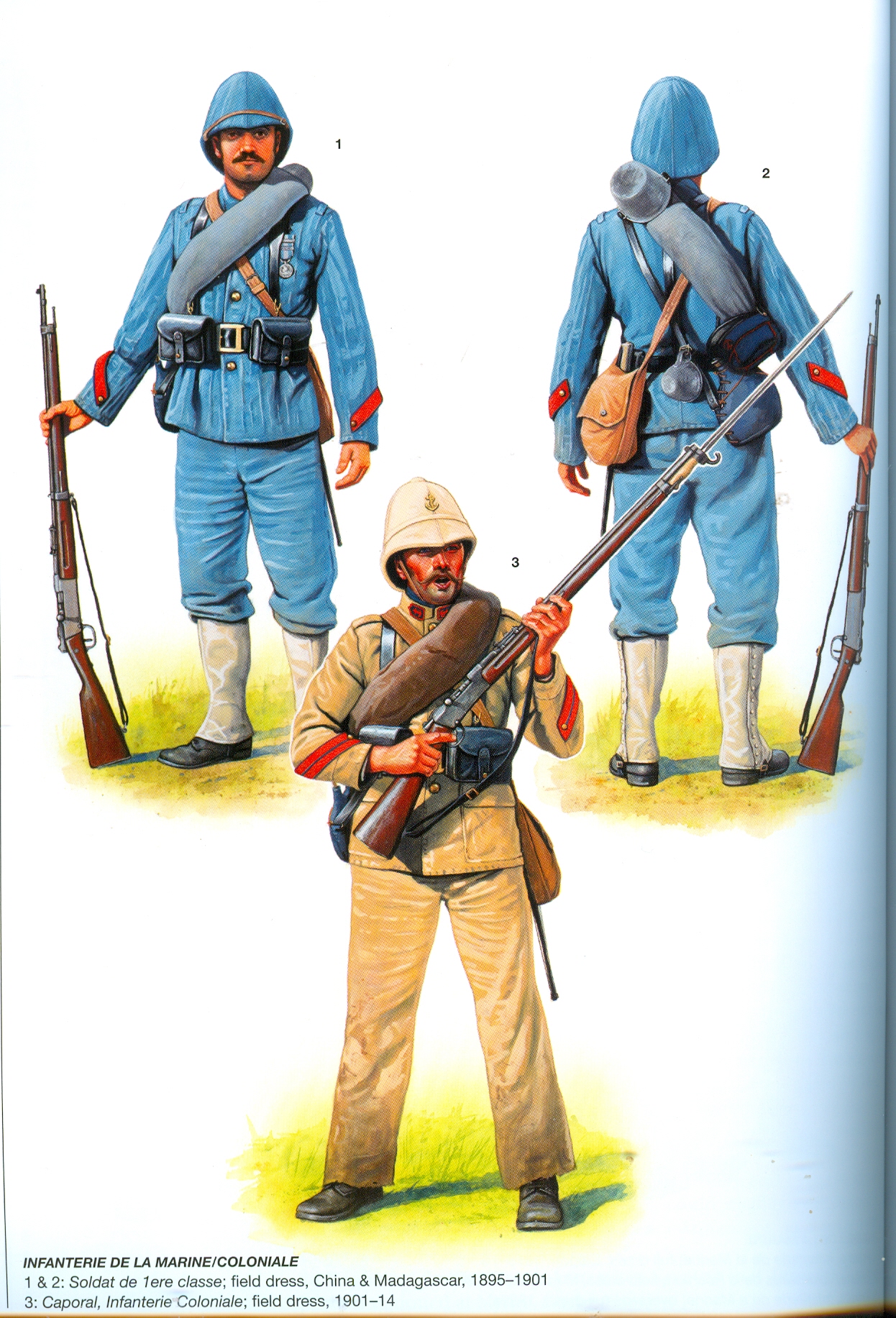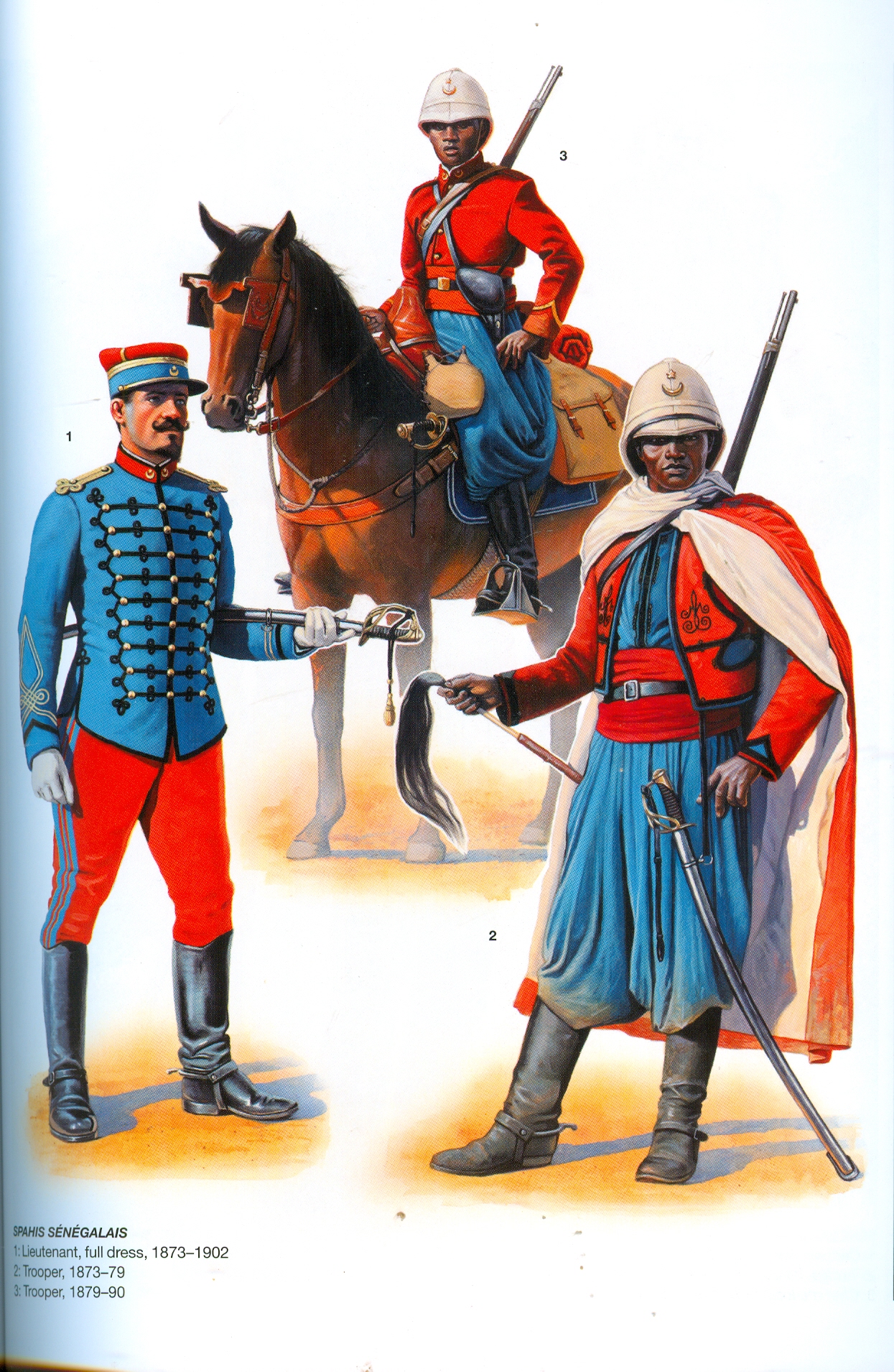 The last quarter of the 19th Century saw the several European powers carve up any territory they could annex around the globe. Previously, the Dutch, French, and British Empires would be territory in the Caribbean basin for producing raw materials such as sugar and indigo. There would be some trading posts or ports in the Far East. A few other spots would be held in Africa and Indian Ocean islands for ships to replenish food and water. Even the U.S. got suckered into empire building with the Spanish-American War. An interesting alternate history would be to examine if the Spanish-American War had never happened.
The last quarter of the 19th Century saw the several European powers carve up any territory they could annex around the globe. Previously, the Dutch, French, and British Empires would be territory in the Caribbean basin for producing raw materials such as sugar and indigo. There would be some trading posts or ports in the Far East. A few other spots would be held in Africa and Indian Ocean islands for ships to replenish food and water. Even the U.S. got suckered into empire building with the Spanish-American War. An interesting alternate history would be to examine if the Spanish-American War had never happened.
France embarked on an ambitious imperial expansion in the wake of its loss in the Franco-Prussian War. French Naval & Colonial Troops 1872-1914 is an overview of the French Marines in this enterprise. I remember reading about French Marines being the empire builders in Sub-Saharan Africa in Pakenham’s Scramble for Africa.
This Osprey booklet gives some more detail on the French Marines. Rene Chartrand has written over 40 Osprey booklets. Illustrations are by Mark Stacey. The booklet is 48 pages. There are eight color plates of illustrations in addition to the black & white period illustrations contained throughout the booklet.
Chartrand has an introduction on the new French empire. Interesting to find “that proceeds from colonial trade kept rising faster than the metropolitan gross domestic product, creating the wealth associated with “La Belle Epoque,’ and this was seen to justify the investment in a large colonial empire.”
There is a chronology started at 1854 with the beginning of the penetration of interior up the Senegal River and ending with the beginning of World War 1.
 There is a chapter on French Troupes De La Marine & Troupes Coloniales. Another chapter is devoted to units raised overseas. This section is subdivided into West & Central Africa, Madagascar, Indian Ocean & Pacific, and Indochina. If you want to find out about the units garrisoning the port of Pondicherry in India, it is here.
There is a chapter on French Troupes De La Marine & Troupes Coloniales. Another chapter is devoted to units raised overseas. This section is subdivided into West & Central Africa, Madagascar, Indian Ocean & Pacific, and Indochina. If you want to find out about the units garrisoning the port of Pondicherry in India, it is here.
A section on weapons & equipment covers the rifles, belt kits, knapsacks, and artillery.
So, if you want to find out about the French colonial army of the late 19th Century, this is your book. Due to length, not much space is given to campaigns and wars. This would be an area for a book on the French Marines and colonial troops. Douglas Porch did a great history of the French Foreign Legion, Conquest of the Sahara, and annexation of Morocco. A book covering the French Marines would make a nice addition.


“An interesting alternate history would be to examine if the Spanish-American War had never happened.”
I am pretty sure that the Philippines and Guam would have been added to the Japanese Empire (forty years or so before that happened in our timeline).
JohnnyMac,
I don’t think so. I think the Europeans would hold their noses and help the Spanish thwart Japanese expansionism. In return, Spain would’ve been required to open up the Philippines to the French, British and Dutch.
xavier
Interesting, both the stated topic and the alternate history theories. I read some of the neatest stuff at Castalia House.
To Xavier Basora and Morgan above:
Well, there are lots of ways it could have played out. Conceivably, the British might have moved to prevent a Japanese conquest (in which case they most probably would have added the Philippines to their own empire.) Or the French, coming out of Indo-China, might have done something (the Foreign Legion versus the Imperial Japanese Army, would have been an interesting match up).
On the other hand, both the British and the French had quite a lot on their plates already. The Germans, as a nation that came late to the empire building game (and thus more eager to grab any chance to catch up), might have seen an opportunity to replace the fading Spanish rule. Perhaps the Germans and the Japanese would have divided the Spanish territories in the Pacific between them. Leaving them, to extend the speculation even further, to glare jealously at each other from their newly conquered islands. Who knows, the US Navy might have become an ally of Japan against German aggression in the Pacific. Or vice versa.
Also, I don’t think Japan was widely seen in the West at this period (say pre-WWI) as a threat. It was seen as a rising power and respected as such. If the Spanish had lost control in the Philippines and the islands fell into anarchy, with the outbreak of mass banditry and piracy that would result, I could easily see a Japanese move to “establish a protectorate” that would “restore order” and “protect commerce” being applauded by other powers. Perhaps Kipling would have composed a poem congratulating the Japanese on their victory and exhorting them to follow the British example of civilizing the lesser races.
JohnnyMac:
Thanks for your comment. Your scenario is also quite plausible. Either way, Spain’s collapse would’ve still occurred anyways. Worse I think the Civil war would”ve been had a even more nefarious edge because some of the Spanish would’ve been put off by having been defeated by an Asian country and rationalized some rancid ideas
xavier